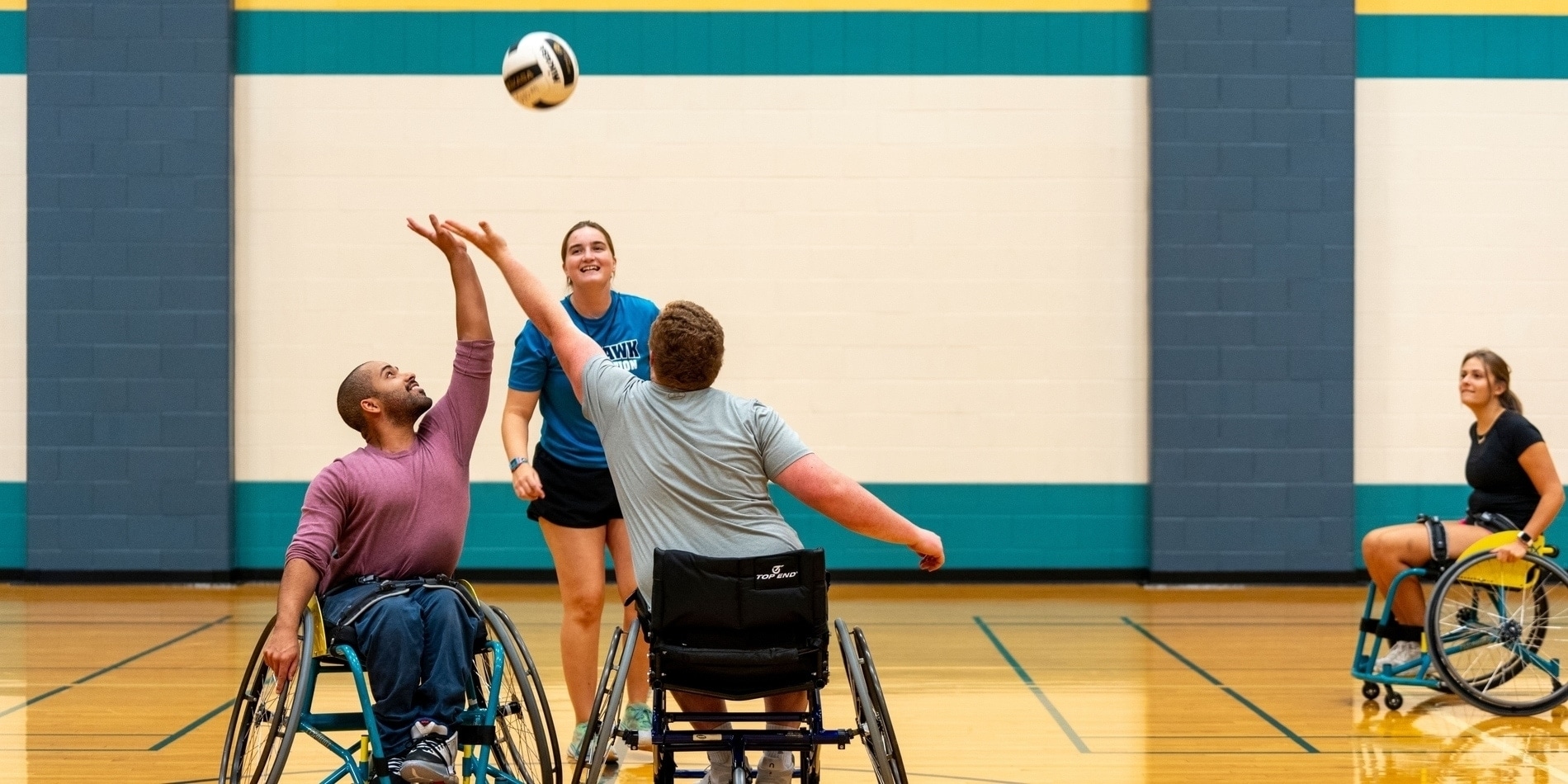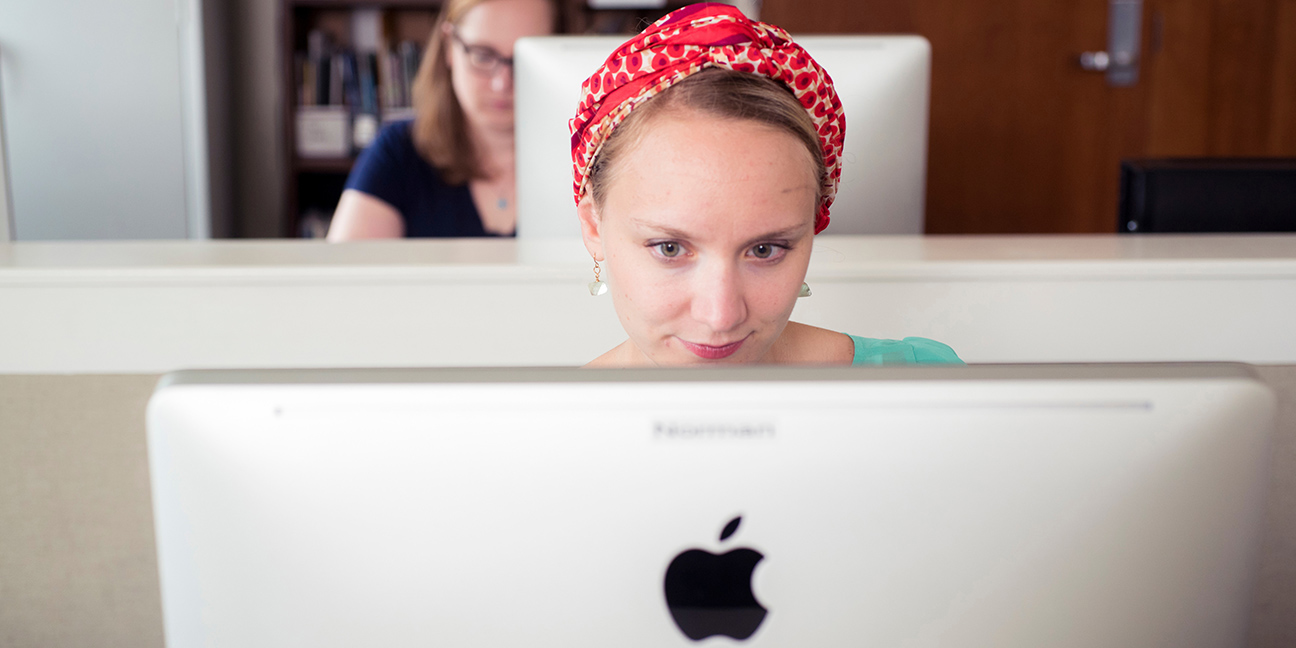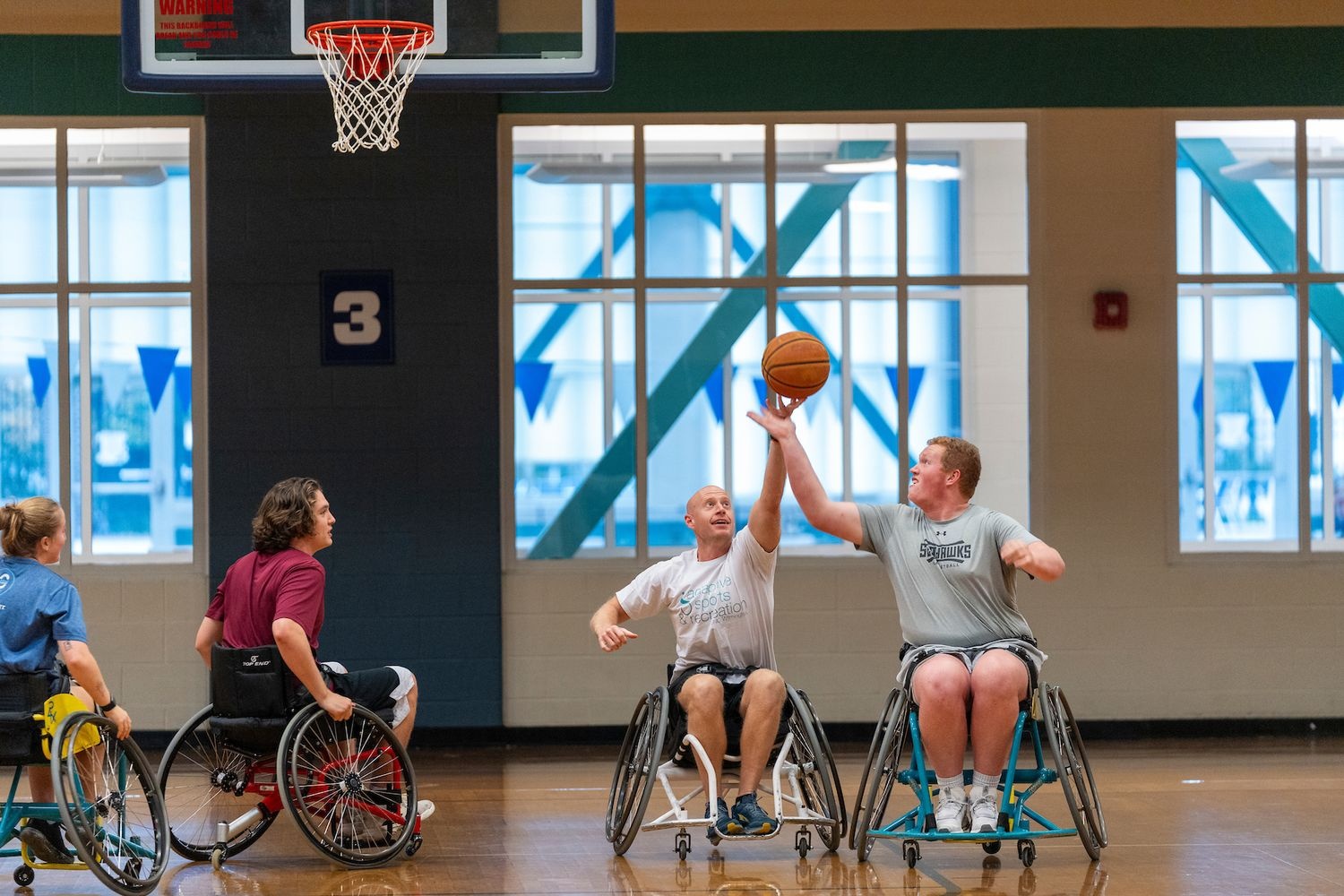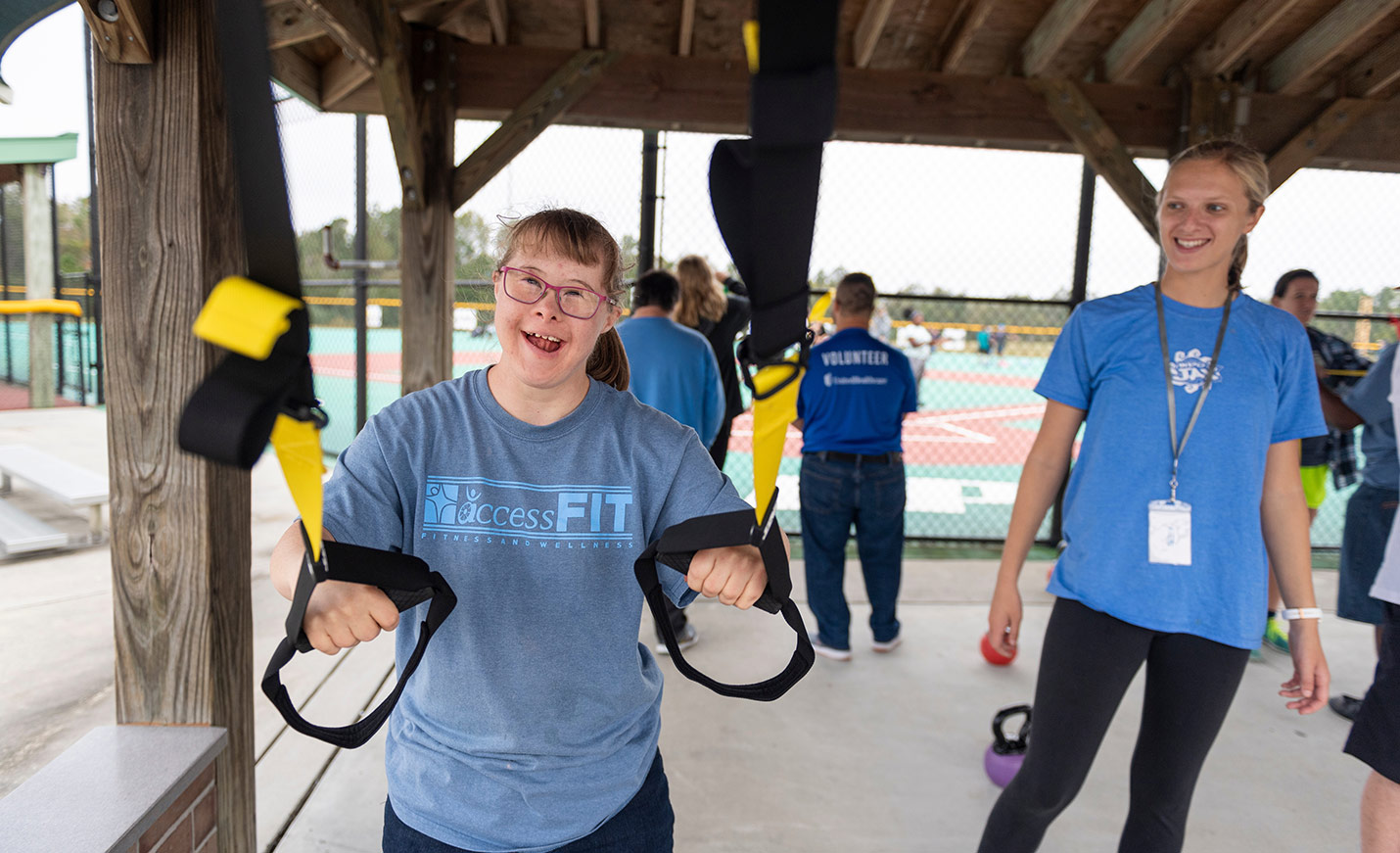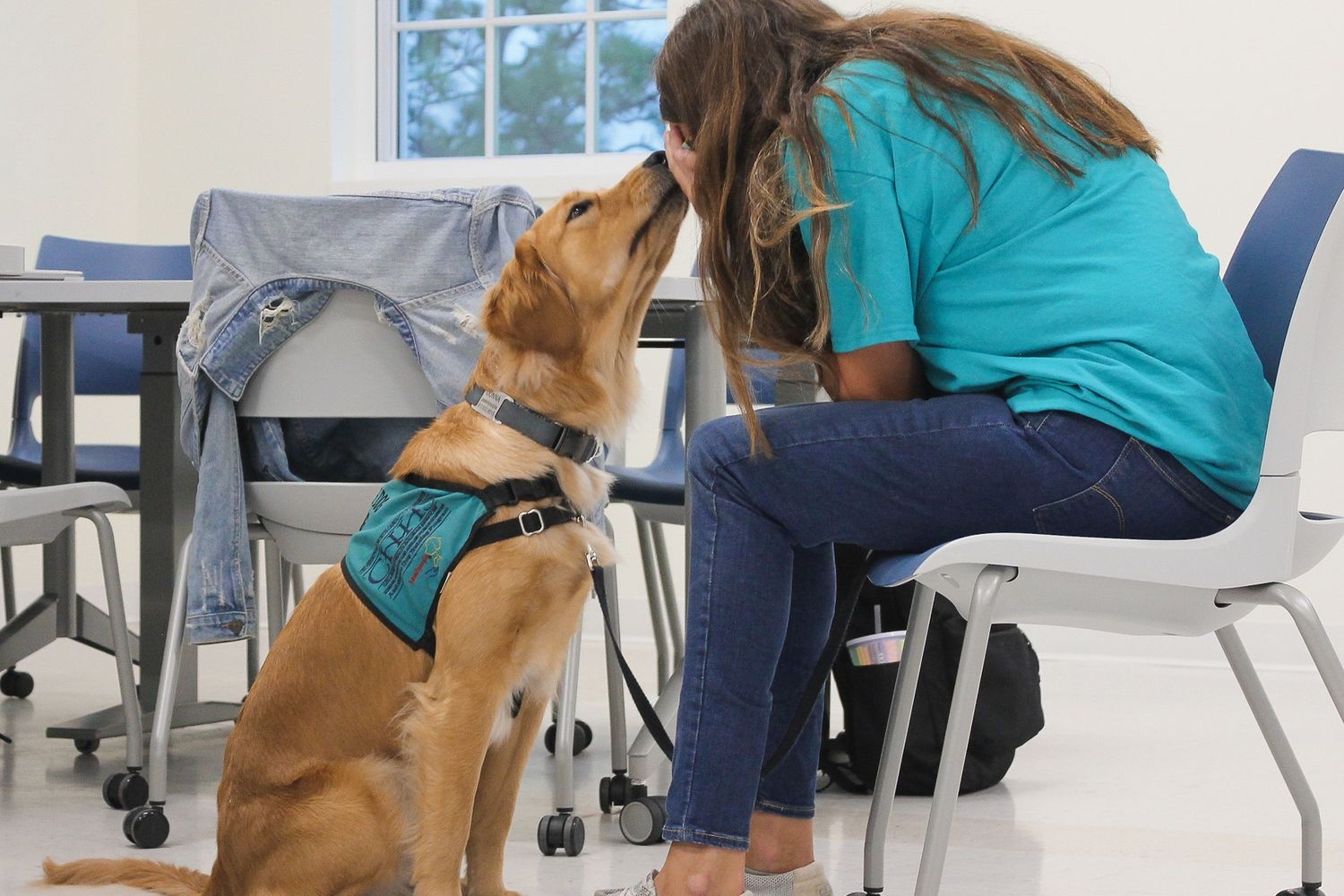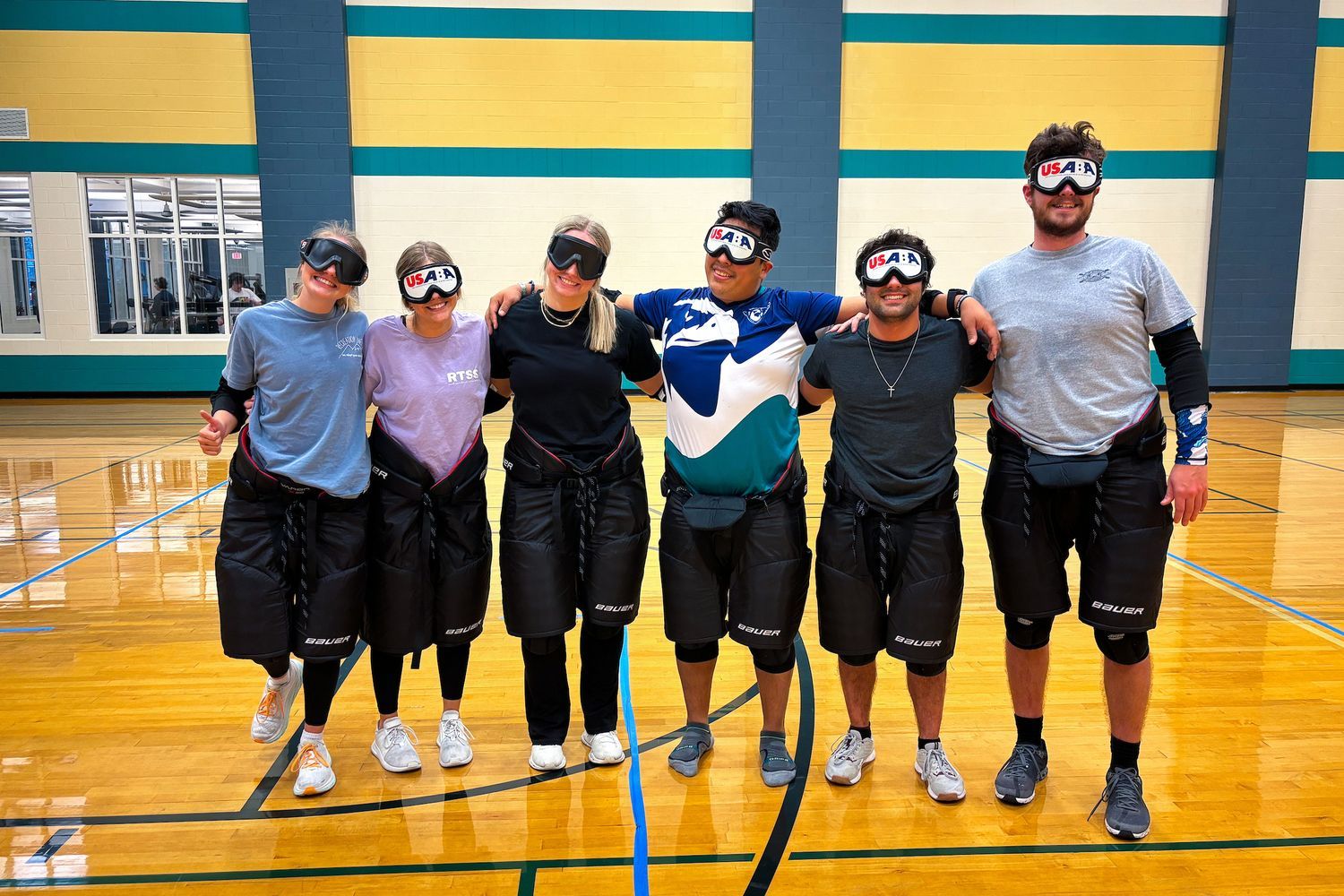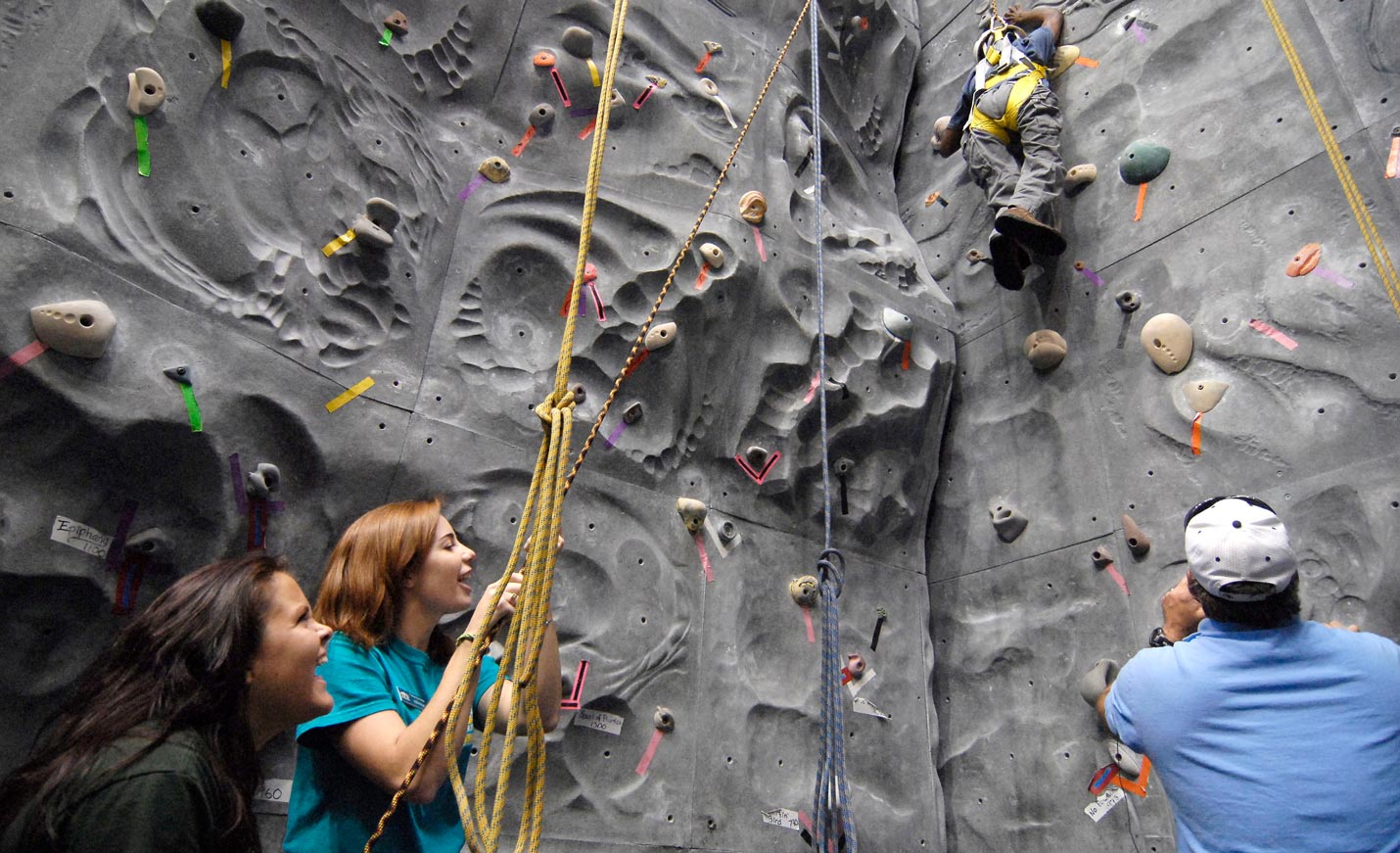Tourism, Recreation and Sport, B.A.
Graduates of this program are prepared for management positions in a variety of recreation, sport and tourism settings and for graduate study.
Clinical Research, B.S.
Students gain a broad-based understanding of the science, regulatory, and business aspects of developing new therapies to treat illness and improve quality of life.
Public Health, B.S.
Work with communities and individuals to protect, maintain and enhance health and quality of life.

